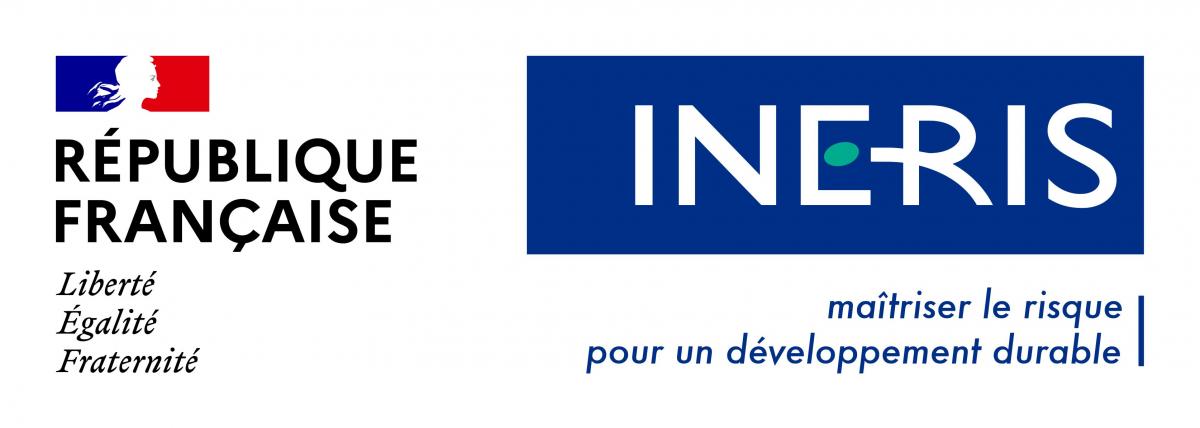Effects of radiofrequency electromagnetic radiation combined with heat stress on sleep in rats
Résumé
Objectives: The effect of the radiofrequency electromagnetic radiation (RF-EMR) emitted by the mobile phone base stations type GSM on sleep are controversial. One of the reasons explaining this observation refers to the fact that most of the studies are performed in thermal environment which is not strictly controlled. In the present study, it is held that RF-EMR exposition can only potentiate sleep disturbances induced by thermal stress. Methods: After surgery, the polysomnographic data were visually scored in 30 seconds periods on 14 rats to determine wakefulness (W), slow wave sleep (SWS) and paradoxical sleep (PS). The duration of each vigilance stage as well as the durations and the frequencies of each episode compounding a stage were analyzed. The recordings were made between 00 pm and 06 pm in a climate controlled chamber. A control group (6 animals) was exposed at thermoneutrality(environmental temperature of 24 +- 1°C) and to a warm environment (31 +- 1°C). The exposed group (8 animals) was exposed to these two environmental conditions but combined with RF-EMR exposure. Between and intra group comparisons were made using ANOVA. Results: They pointed out that whatever the thermal condition, RF-EMR exposure increased the frequency of PS episodes (4.4 vs 2.9 episode.h-1; p=0.006). At thermoneutrality, RF-EMR exposure had no other sleep effect. On the contrary, associated with a thermal load, RF-EMR exposure increased the mean duration of W episodes (7.4 vs 3.2 min; p=0.02) whereas W frequency decreased (1.2 vs 2.2 episode.h-1; p=0.02). Similar results were found for SWS episodes (mean duration: 3.4 vs 2.6 min; p=0.028; frequency: 11.5 vs 14.8 episode.h-1; p=0.012). The mean duration of PS episode was shortened from 2.5 to 1.8 min (p=0.007). Conclusion: The influence of RF-EMR exposure on sleep mainly appears when radiofrequency electromagnetic radiations were associated to a heat stress. This observation strongly suggests that these radiations interact with sleep through thermoregulatory processes.
